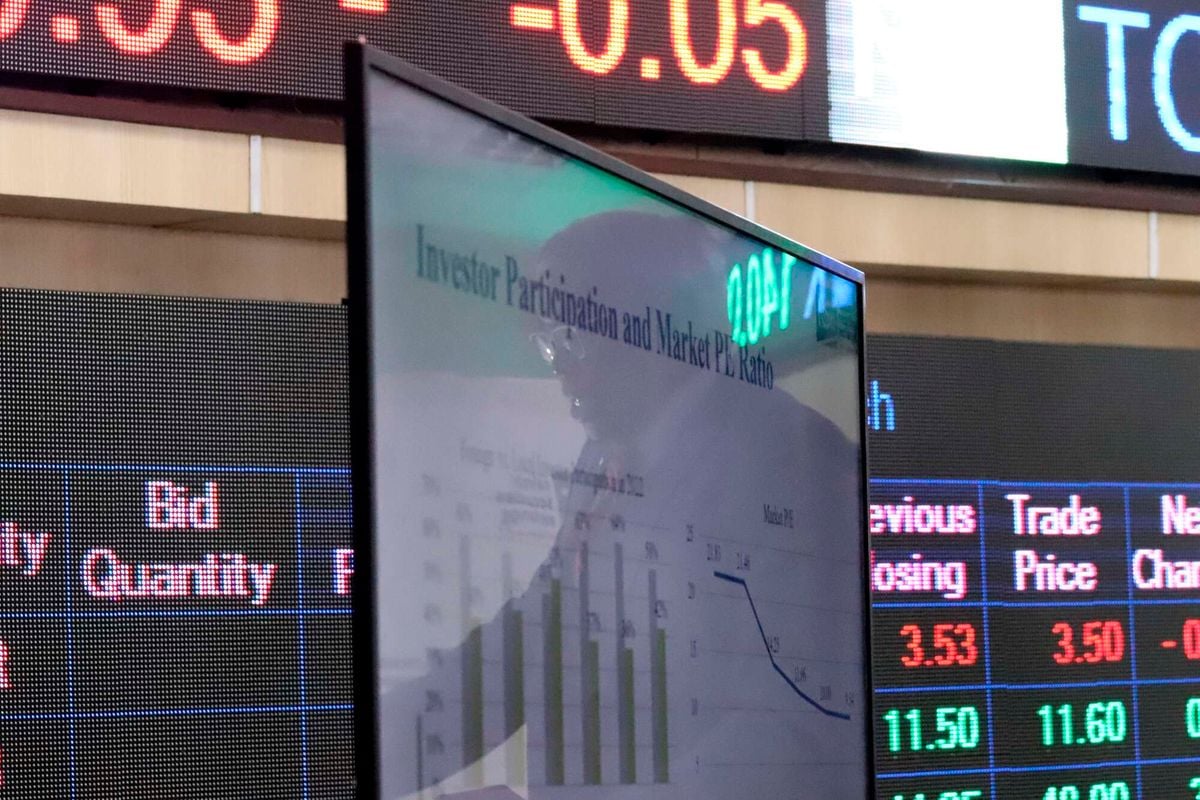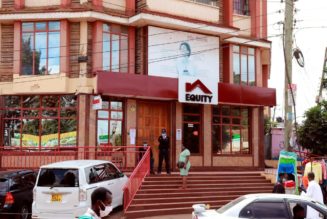
The share of investor wealth concentrated on the five largest companies at the Nairobi Securities Exchange (NSE) has fallen to 66 per cent from highs of 81 percent three years ago, reflecting the fall in share prices of the markets’ blue-chip stocks in the period.
As per Wednesday’s closing share prices, the combined market valuation of Safaricom, Equity Group, EABL, KCB Group and Absa Bank Kenya stood at Sh1.09 trillion, against the NSE’s total market capitalisation of Sh1.67 trillion.
NSE data shows that at the end of the second quarter of 2021, the top five firms at the time—Safaricom, Equity, KCB, EABL and Co-operative Bank of Kenya.
They accounted for Sh2.2 trillion out of the market’s total investor wealth of Sh2.7 trillion.
In its latest market soundness report, the Capital Market Authority (CMA) said that although market concentration remains a significant risk, there is a positive trend towards better distribution of wealth in the market as investors eye other companies that can offer capital gains.
“Over the past year, there has been a continuous reduction in market concentration by five specific companies, indicating a growing openness among investors to explore opportunities beyond these select entities,” said the CMA in its soundness report.
A decline in the share prices of the top firms has contributed to the trend of investors seeking value in less heralded stocks.
Since the end of June 2021, Safaricom —the largest listed firm at the NSE— has seen its share price fall by 62 percent to Sh15.95 from Sh41.45 at the time.
Equity Group’s share has fallen by 7.3 percent in the period to Sh41.50, while that of EABL has fallen by 15 percent to Sh152.75.
KCB’s stock in the meantime has recorded a price fall of 23 percent to Sh32.75 per share, while Co-op Bank’s stock price has fallen by 7.2 percent to Sh12.80.
Co-op Bank’s price fall, combined with Absa’s gain of 42 percent in the period to Sh14.05 per share, has seen the latter leapfrog Co-op into the top five club.
The CMA added that it has also reviewed the Public Offers Listing and Disclosure Regulations to ease listing requirements in order to attract more companies into the market
CMA hopes that this will attract new entrants into the NSE and provide investors with a wider variety of investment choices.
The listing drought at the NSE over the past decade-and-a-half has been identified as one of the causes of the market concentration in a select group of blue chips.
New listings have traditionally reinvigorated the market by bringing in new investors and broadening the number of viable companies in which to invest.
“Furthermore, the authority is actively engaged in investor education efforts, emphasising the importance of diversification and promoting long-term investing strategies.
“The aim is to reduce the inclination to concentrate investments in a limited number of dominant companies,” said the CMA.









